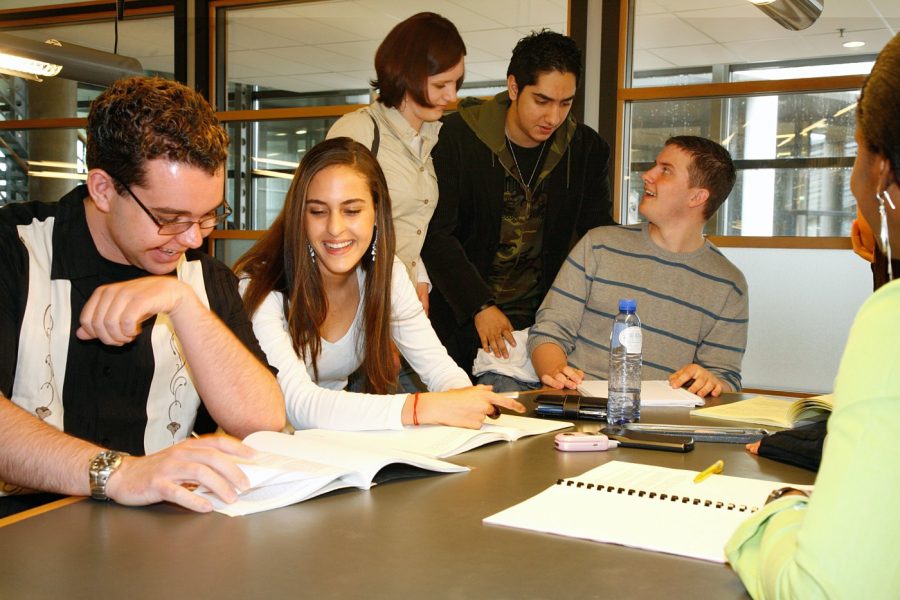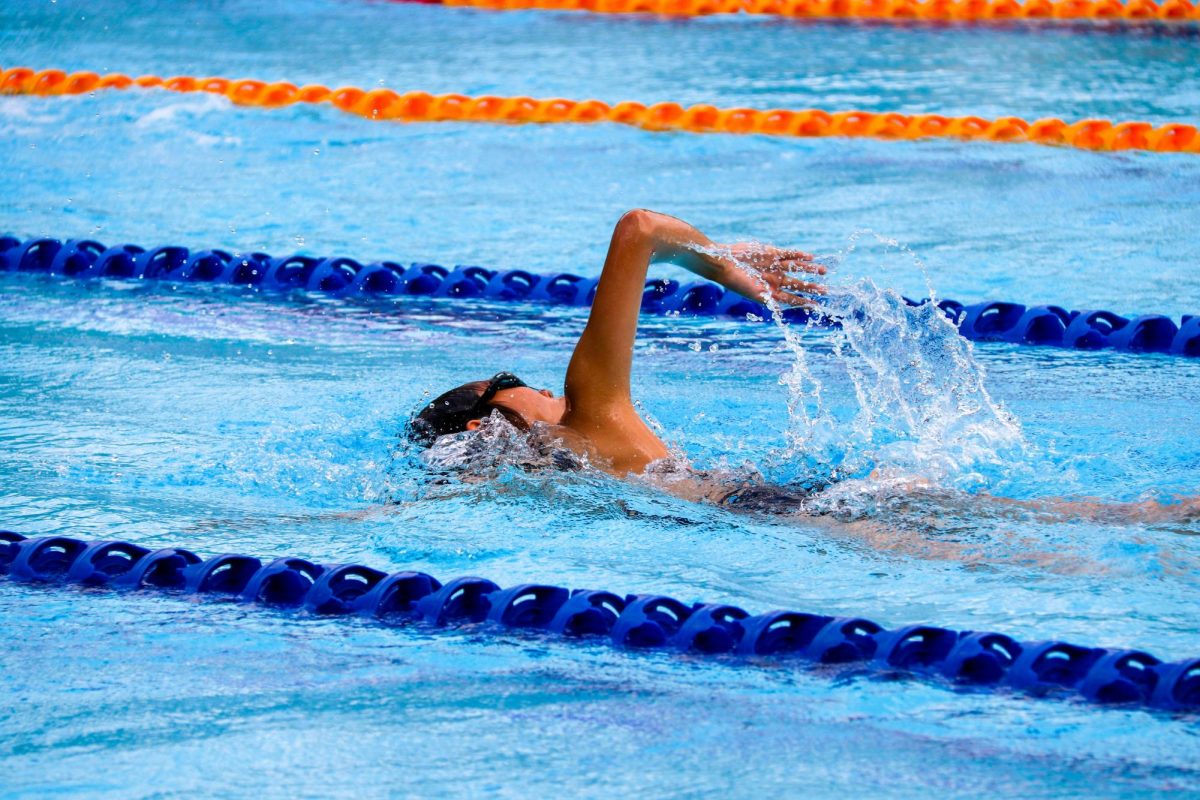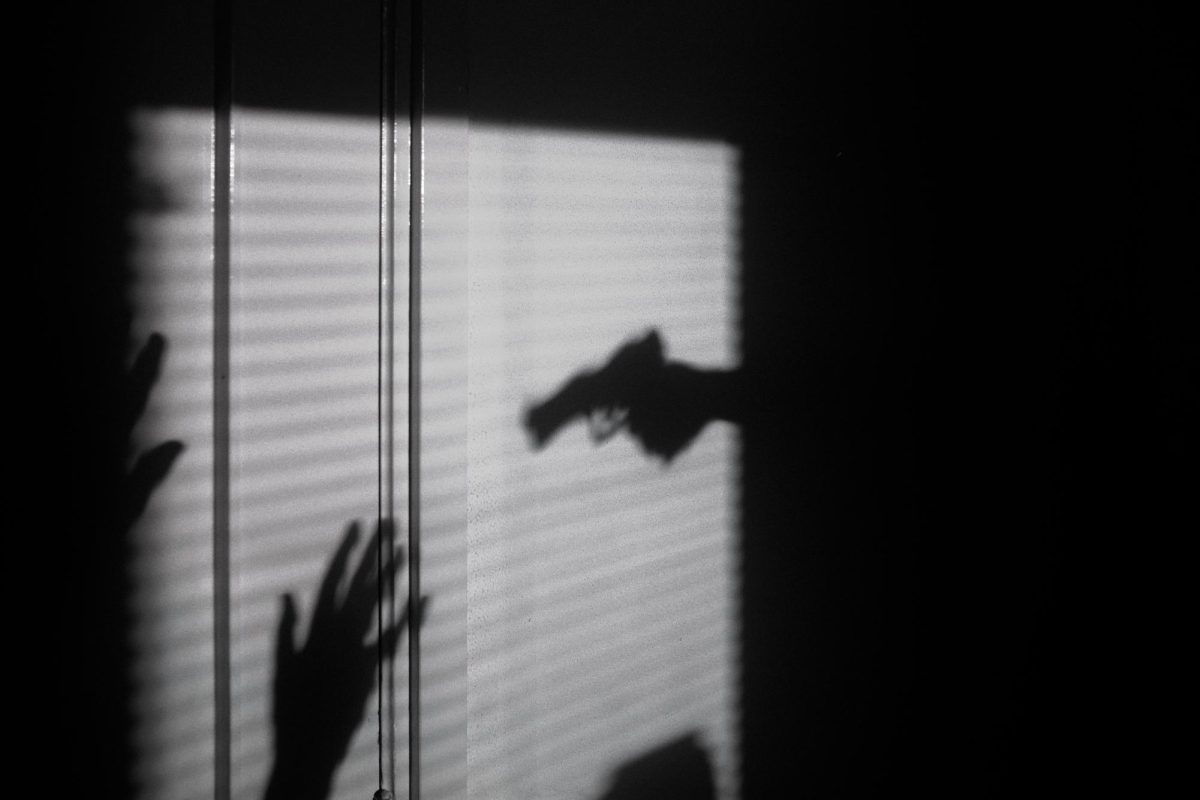Maybe you’ve come across widely known self-help books that are constantly trending on various social media platforms: These kind of books such as “The Power of Habit” or “Atomic Habits” are so popular that they are placed in bookshelves where they can be seen by each and every customer of a book-store. But what exactly makes these non-fiction books so special? Well, there is no direct answer to this question and it might depend from person to person. What can be said is that they allegedly help an individual with creating healthier habits and adopting “better” routines in their daily life. As someone who particularly enjoys reading self-help books and dealing with the topic of building habits, it was time to put them under scrutiny in order to examine which of these “golden tips” one can actually incorporate into their life.
As students at an international school and especially for those partaking in the IB-Diploma programme, managing one’s work and life outside of school can sometimes be quite a challenge. It has become a common consensus that the so-called “work-life balance” is not as easy to either attain or obtain and stress is a factor that is utterly evident in our lives. Dealing with CAS, TOK, the extended essay and Internal Assessments can be overwhelming but it does not have to be when you start making full use of the resources given to you, adapt healthy habits that help you achieve your full potential and focus on your mental and physical health.
This might seem trivial at first and you might think: How am I supposed to add more things to my schedule if it is already overflowing with all kinds of things?
There is one thing that all of these self-help books (no matter what their titles might say) have in common – They encourage you to make full use of what has been given to you while knowing your limit. It means that you are the only person in your life who can make these choices about your own well-being and so you must also act like it.
Sleep
This is probably the most important habit, especially for high school students. You might be laughing behind the screen now thinking that this is probably a joke and that you simply do not have the time to get these extra hours of sleep. You probably are getting things done, working and staying up late until 3am, but this is where you are the least productive. Your body is not a machine and when wanting to work at your full potential, staying up super late will not benefit you in the long run. In the short term, you will get things done but when you are pushing yourself to your limit in a longer period of time it will have considerate consequences for your health and overall well-being.
Don’t Procrastinate!
Leading into the next point which is procrastination – a characteristic of almost every IB student. Think about those times when you were working for hours at night, having to stay up late just to wake up tired the next day and do the same thing again. Why did you have to do that? The answer is very likely to be procrastination. Pushing a deadline to the last minute, whether it is an essay, IA or even studying for a test leaves you with little room not to be stressed. There are some people that say that they work well under pressure and this is also true for many of the people I know. However, every time when talking to a friend who worked on an assignment until the very last minute, they would always find themselves stressed and drained. So here’s a challenge: When a teacher assigns something, whether it is an essay or just as simple as annotating a book, don’t wait but do it once you get it assigned. The past 1 ½ years of doing the IB-Diploma were definitely stressful at times, especially with managing school work and extracurriculars but I don’t think that I would have been able t0 keep a clear mind if I did not do my work when I received it. You don’t have to be extreme and do everything right away, but don’t procrastinate and don’t shove it to the side thinking that you will have much more time to work on it. Your brain tricks you and you will find yourself with a pile of work in the end, when you could have just gotten it out of your way and used your time otherwise.
Productivity
Now the last thing most of these books teach you is how to be productive. The term productivity itself is often used in a more abstract way but originally used in economic contexts. It is defined as “measuring output per unit of input to gauge the efficiency of production.” In other words, the more a firm is able to produce in a certain amount of time, the more productive it is said to be. For us students this does not mean that you have to get all your work done within a day because that truly would not help with managing your stress levels. Instead, plan it out. Whether it be a planner, a sticky note or even something you always keep with you like a calendar, write down the things you want to do and when you are going to do them. Put a little box right next to it so you can check it off when you’ve done it. This also translates into being efficient. When you write something down you are more likely to actually get it done. If you’re known for being a procrastinator, try this technique and see how it will not only make you get your stuff done on time but also learn how to effectively manage your time and act as a reward system.
Building these habits might not always go seamlessly and of course there will be times when you would prefer to scroll on your phone instead of going to bed a bit earlier or doing your homework. This is fine as well and so as students we should also enjoy our time. Nonetheless, always keep in mind what you are doing this for and why you want to be successful. Visualize your highest self and then act accordingly, starting with only these three habits. Make this school year your best one yet!






